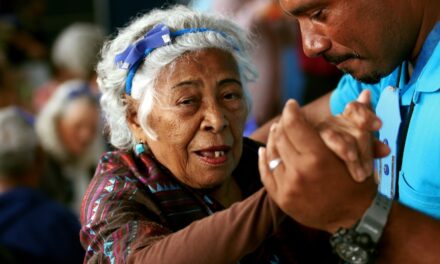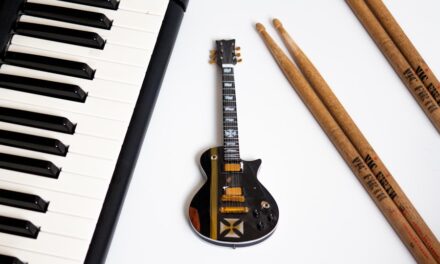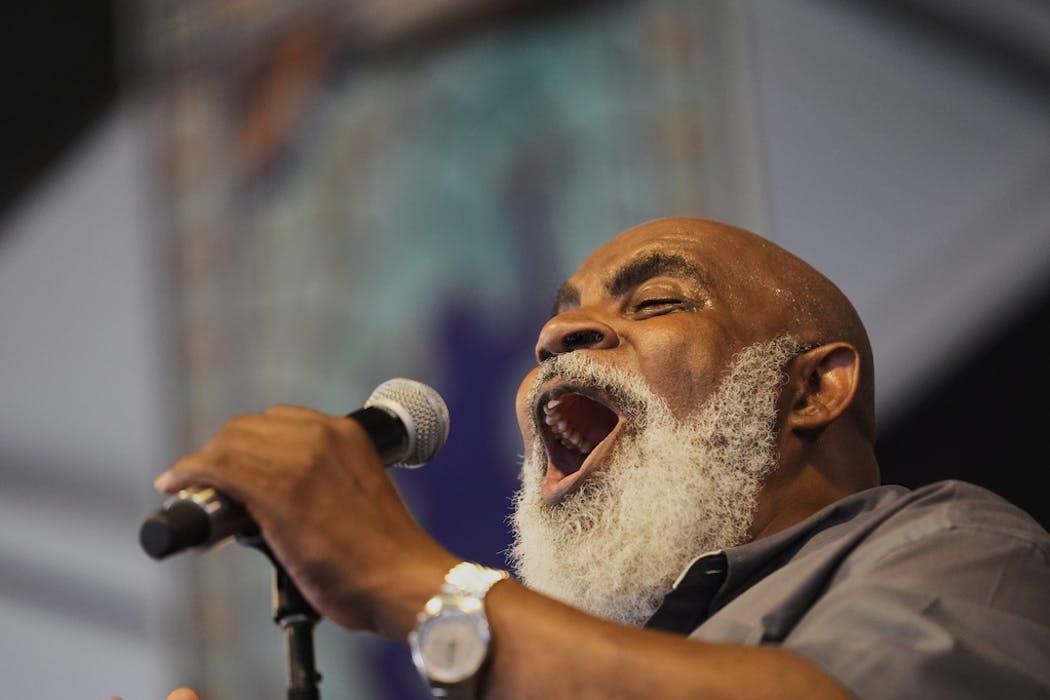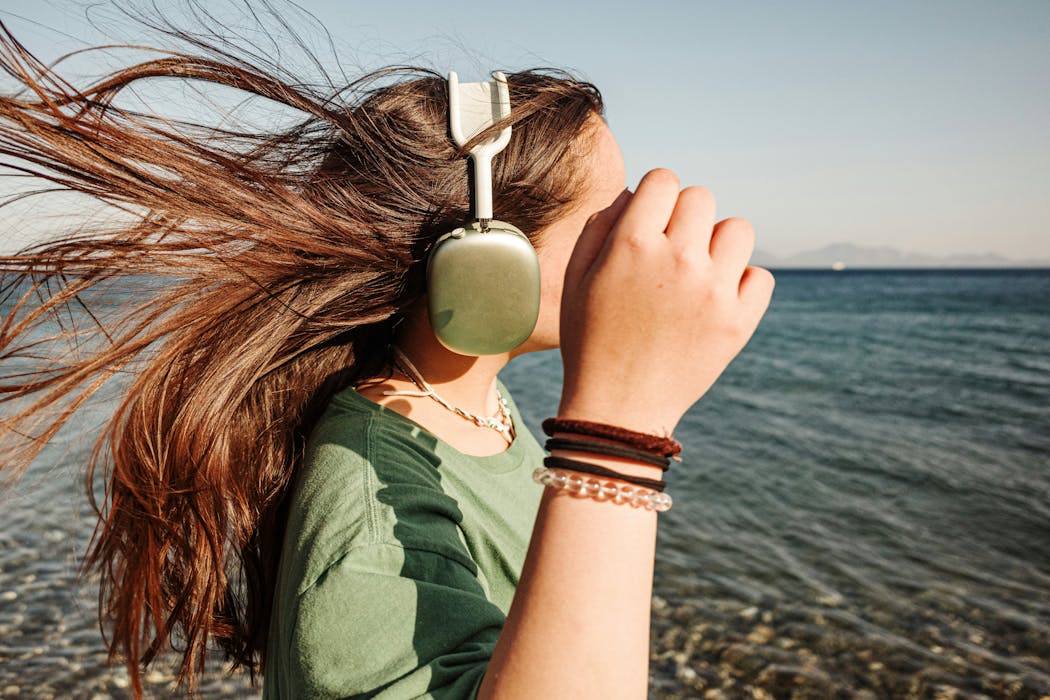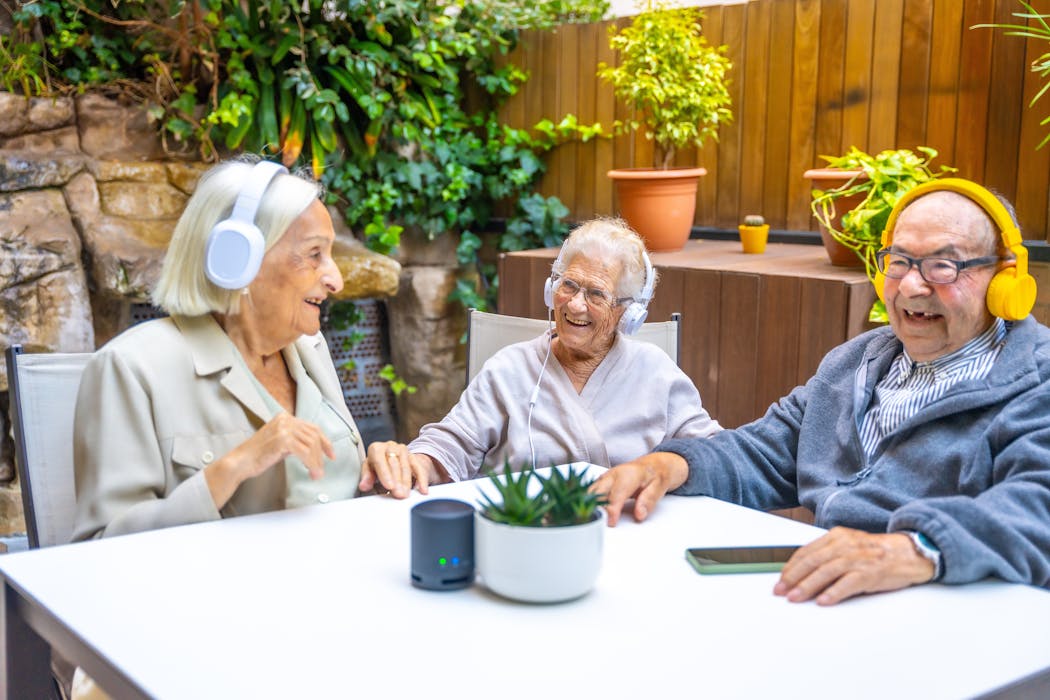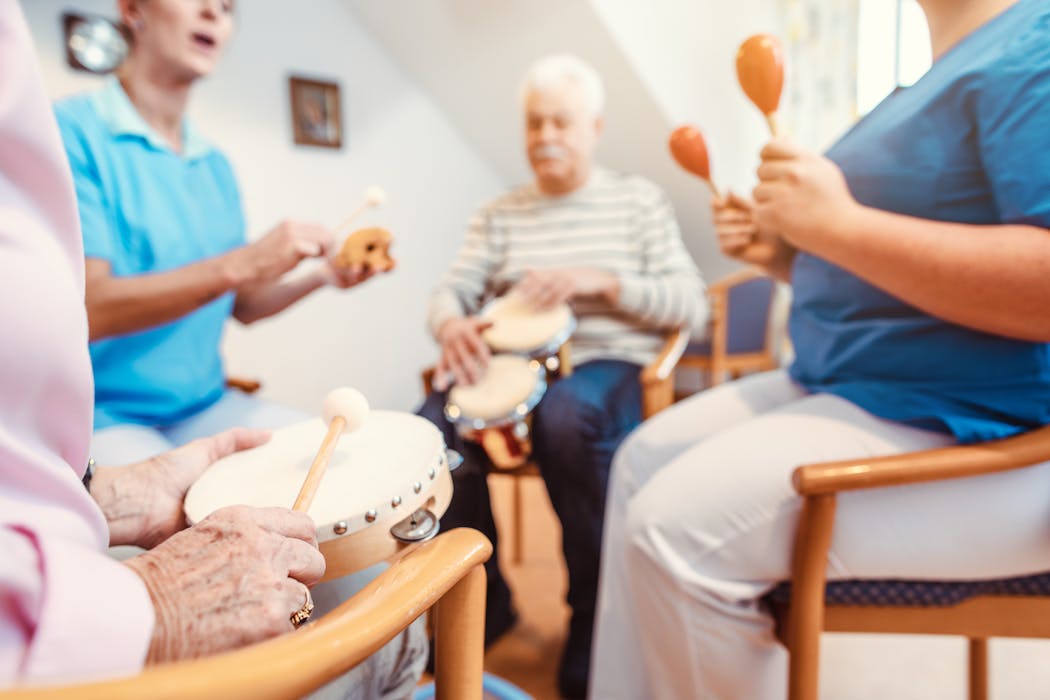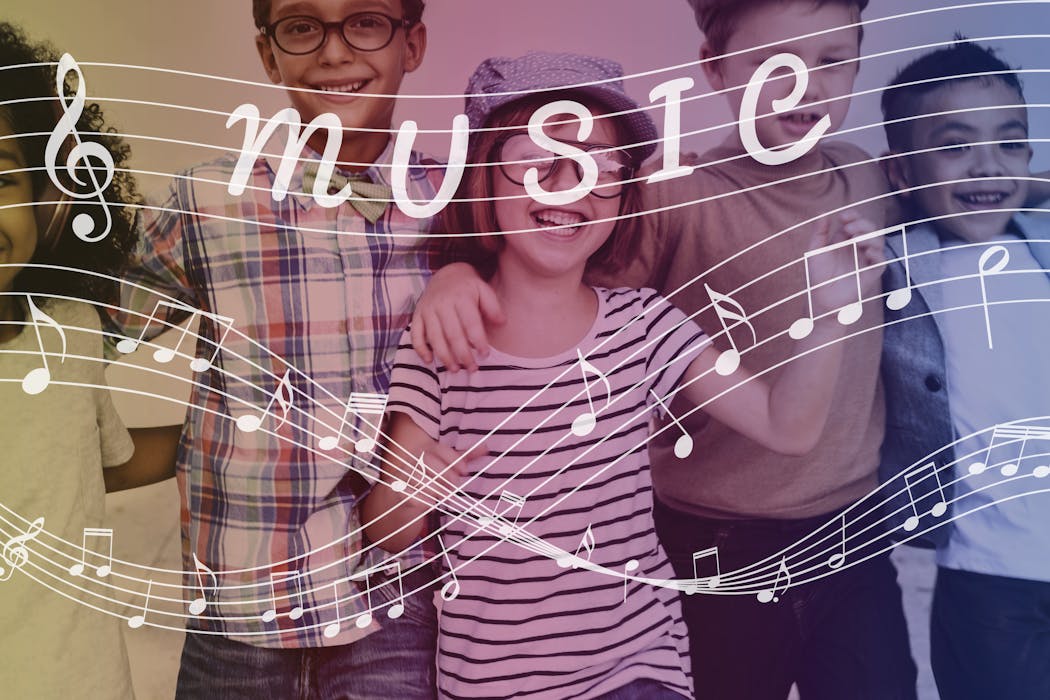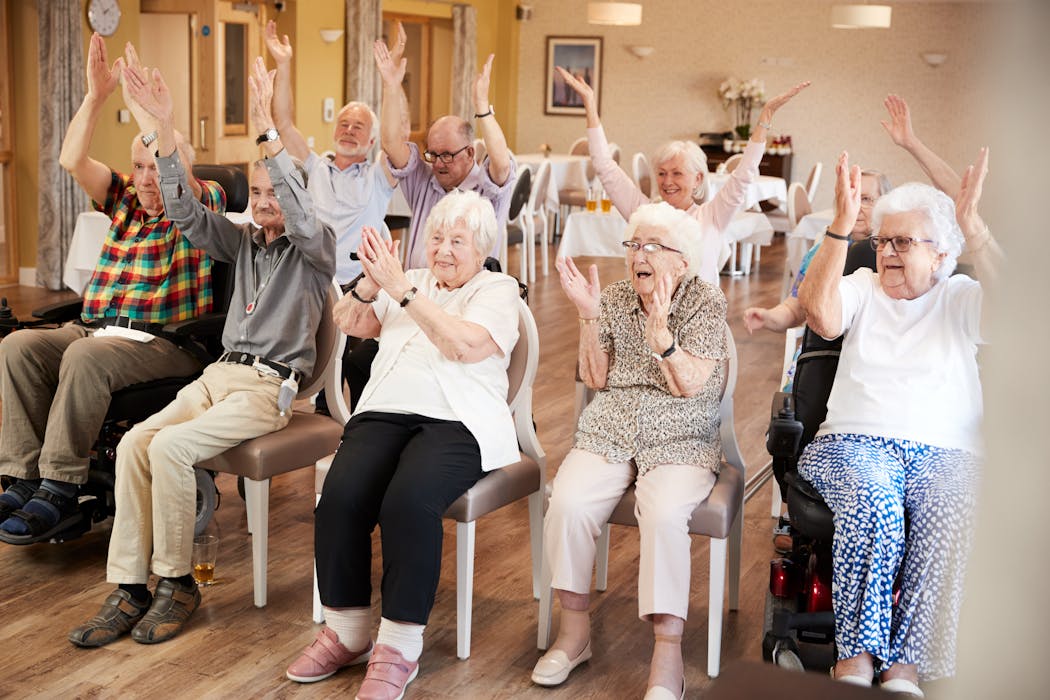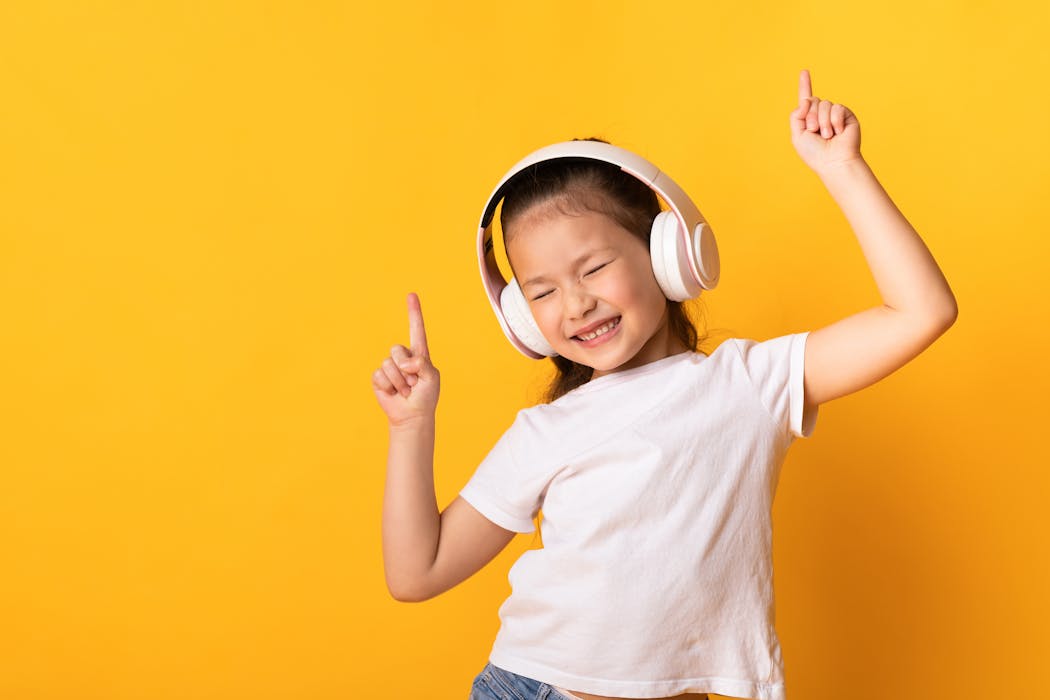
The notion of music as therapy goes back thousands of years and is based on ancient cross-cultural beliefs that music can have a “healing” effect on mind and body. Music and religion have ties going back to the earliest civilization of Mesopotamia, where hymns were written to please religious deities.
By using music as a part of religious rituals, people were able to have positive experiences which helped them reinforce their particular beliefs. Because music was a part of this process, it would appear that music was already being used to influence the human psyche.
Many tribal cultures have also used music as a part of their fertility ceremonies, to worship their gods, and to help with illnesses. In each of these cases, it may be said that the music itself was the motivating factor in helping the patient achieve positive results.
Perhaps the earliest documented records of music being used to influence the human body can be traced back to the writings of Egyptian medical papyri dating back to 1500 BCE. Greco-Roman, Arabian, Indian, and Chinese traditions of learned medicine all include various notions of music used in a therapeutic way.
Greek philosophers Pythagoras, Aristotle, and Plato were some of the earliest philosophers to approach the healing and transformative power of music. Pythagoras came to believe that music was not only linked to mathematics but also that it was an expression of something deeper. He explored how various combinations of melodies played on the lyre, or sung, could influence a range of moods, for example.
After Pythagoras, Plato and Aristotle developed a system of thought that identified four ends of music. These ends were:
- Moving or imitating emotions
- Giving pleasure
- Disposing toward moral virtue
- Fostering intellectual advancement.
Plato believed that music can give us pleasure but that this end should be subordinate to another end, that of imbuing the soul with virtue and disposing the soul towards moral goodness. Similarly, Aristotle thought that music is a cathartic experience and spoke about it in terms of a movement that moves and changes our soul.
Even, the father of modern medicine – Hipocrates theorized that music balances the four humors of the body, and related it to temperament, moods and behaviours.
The earliest writing on Music Therapy as we understand it today, did not appear until the 18th century, when an unknown author published an article entitled “Music Psychically Considered” in the year 1789.
It would still be more than a hundred years until the first music therapy intervention went on record in the early 19th century. During World War I, musicians would sing to wounded soldiers. Doctors began to notice positive effects towards their recovery as a result of this. Soon, there was an increase in interest towards organizing musical interventions, especially in medical settings, and this marks the birth of Music Therapy as a profession. Gradually, colleges and universities began offering degree programs in music therapy, which brought more trained professionals into the field.
Music therapy today focuses on helping address a variety of concerns in a number of settings. It has come a long way from being just an instrument of pleasure to being a full-fledged discipline in strategic medical interventions.
References:
Gouk, P. (Ed.). (2000). Music healing in cultural contexts. Ashgate.
History of Music Therapy: From Antiquity to Today – Sam’s Fans. (2021)., https://samsfans.org/history-music-therapy/#History_of_Music_Therapy_in_the_Ancient_World
Schoen-Nazzaro, M. B. (1978). Plato and Aristotle on the Ends of Music. Laval théologique et philosophique, 34(3), 261. doi:10.7202/705684ar.
Thaut, M. H. (2015). Music as therapy in early history. In Progress in Brain Research (Vol. 217, pp. 143–158). Elsevier. https://doi.org/10.1016/bs.pbr.2014.11.025
Wheeler, B. L. (2015). Music Therapy Handbook. Guilford Publications.
Zanders, M. L. (2018). Music as Therapy Versus Music in Therapy. Journal of Neuroscience Nursing, 50 (4), 218–219. https://doi.org/10.1097/JNN.0000000000000379
Find out how Torongo Therapyplus can help you with your needs. Get in touch with us at smile@torongo.life, or call us on 02 8809 9965.

